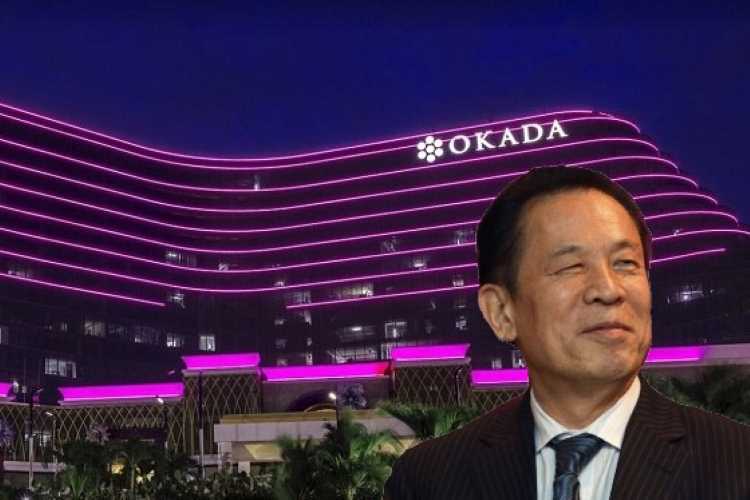Gambling expansion in the Philippines – slowed over the last two years by the coronavirus outbreak – is starting to pick up steam once again.
In doing so, however, it’s met a surprising level of opposition. And this opposition isn’t just limited to online casino gambling or online cockfighting (aka eSabong), either.
The recent governmental approval of two new casino IRs in Boracay has met fervent local pushback, and the Catholic Church has been at the forefront of the protest.
But making the most headlines – at least of late – has been the opposition to the new casino next door to Cagayan de Oro in the town of Opal, Misamis Oriental.
The leadership in Opal, of course, claims that everything has been approved through legitimate channels, and that PAGCOR – representing he Philippines government – has no intention of shuttering operations or slowing the nation’s gaming initiatives.
Indeed, on the government side (at least, when the subject is anything but eSabong and – apparently – jueteng gambling), the authorities seem to be all in on expanded gaming.
To that end, the most recent developments speak for themselves.
Back in 2018, the Philippine Department of Justice passed along a recommendation that Kazuo Okada – then-CEO of Okada Manila operator Tiger Resort, Leisure, and Entertainment, Inc. (TRLEI) – be prosecuted for financial crimes.
The claim was that Okada had – “through mistake or fraud” – misappropriated roughly $3.15 million from TRLEI.
In May 2019, the Paranaque Regional Trial Court ruled that there was enough evidence to merit moving the case forward, which is when Okada was first arrested and expelled from TRLEI.
Now, after over two years, Okada has been cleared.
The Philippine Court of Appeals this week ruled that the lower court acted inappropriately and without cause.
In fact, the ruling goes even further, stating that the Paranaque Regional Trial Court was guilty of committing a “grave abuse of discretion in issuing warrants of arrest” against Okada and his associate, Takahiro Usui.
This opens the door for Okada to take legal action against the court and challenge his previous professional dismissals resulting from the litigation in question.
Okada may even sue for significant financial compensation.
Regardless, it appears that one of the biggest names in the Philippine casino market is going to make a comeback to the industry at a time that it most needs strong leadership.
Of course, there are other major leaders stepping up, too.
Daesik Hann, president and CEO of Hann Philippines Inc., is already brainstorming about ways to take advantage of China’s recent crackdown on Macau junket operators.
Here’s why: With the crackdown, the Hann Casino Resort in Clark (formerly the Widus Hotel and Casino) is primed to be one of these major new junket destinations.
Still, junkets are comparatively small potatoes. Hann is much more interested in legal online gambling.
“All these casino licenses from PAGCOR have pretty much the same terms and conditions. [They permit] video streaming [aka] proxy betting. … As long as you have a license from PAGCOR, that’s included. … As long as PAGCOR accepts video streaming, there’s no reason to stop and not enter that kind of sector.”
Of course, as always, iGaming in the Philippines – at domestic venues – is contingent on player status. In other words, you must be a recognized VIP member of the brick-and-mortar casino with which you intend to gamble online.
This means that for all intents and purposes, domestic Philippines online slots, online roulette, online blackjack, and other popular Internet-based casino table games are off the table for the vast majority of Filipino gamblers.
Luckily, of course, all Philippines residents aged 18 and older can legally enjoy these real-money online casino games at the online gambling sites recommended here.
So what are you waiting for?

